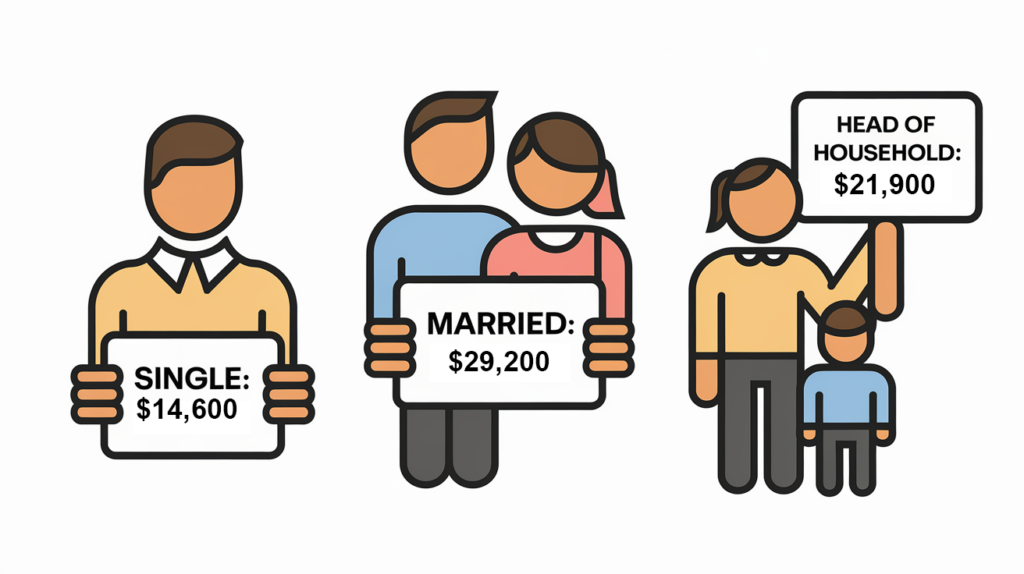The Trifecta Strategy: Build Wealth and Optimize Your Taxes

Many entrepreneurs dream of financial freedom, but the complexities of taxes and business structuring can be daunting. Navigating the maze of tax laws, business entities, and investment strategies requires not only knowledge but also a strategic approach. This post explores the “trifecta” strategy, a powerful approach to minimizing your tax burden and building lasting wealth, […]
Navigating the Great Farmland Wealth Transfer: A Guide for Individuals and Businesses

Are you ready for one of the largest wealth transfers in U.S. history? Over the next two decades, an estimated $24 trillion in farmland and agricultural assets will change hands. This significant shift presents both opportunities and challenges for current landowners, aspiring farmers, and investors. At XOA TAX, we understand the complexities of this transition…
Cost Segregation Tax 2024: A Simple Guide

Key Takeaways Cost Segregation helps property owners save on taxes by accelerating depreciation. Bonus Depreciation rate decreased to 60% in 2024. IRS Scrutiny on cost segregation studies has increased; accuracy is crucial. Retroactive Applications allow property owners to claim missed deductions from previous years. Benefits include improved cash flow and reduced taxable income. Cost Segregation…
Cryptocurrency Tax Planning Strategies for High-Net-Worth Individuals 2024

Key Takeaways Cryptocurrency is treated as property by the IRS, meaning capital gains taxes apply. Holding crypto for more than a year can reduce tax rates from short-term to long-term capital gains rates. Tax-loss harvesting allows offsetting gains with losses to reduce taxable income. Using tax-advantaged accounts like IRAs can defer taxes on crypto gains….
Understanding Trusts: A Comprehensive Guide for Wealth Transfer

Key Takeaways Trusts help manage and transfer your wealth to others safely. Different types of trusts serve specific purposes like saving taxes or protecting assets. Planning with trusts ensures your money and property go where you want them to. Introduction Trusts are like special containers for your money and things. They help you decide who…
Estate Tax Planning: Maximizing Exemptions and Deductions in 2024

Key Takeaways Increased Exemptions: In 2024, individuals can pass on up to $13.61 million without federal estate taxes. Gifting Opportunities: You can gift up to $18,000 per person annually without affecting your lifetime exemption. Trusts are Powerful: Tools like SLATs and irrevocable trusts can help protect your assets from taxes. Plan Ahead: The high exemption…
Understanding Tax Credits vs. Tax Deductions: What’s the Difference?

When tax season rolls around, two terms often cause confusion: tax credits and tax deductions. While both can reduce your tax bill, they do so in different ways. Understanding the distinction between the two can help you maximize your savings and make informed decisions when filing your taxes. What is a Tax Credit? A tax…
Autism & Taxes: Disability Tax Benefits for Families (2024)

Navigating taxes with an autistic child can be complex. This guide explains how the IRS views autism as a disability and highlights potential tax benefits available to US families. Does the IRS Recognize Autism as a Disability? Yes, the IRS considers autism a disability if it significantly limits major life activities, aligning with the Americans…
Guide for Standard Deduction 2023 & 2024: Filing Statuses, Ages, and Dependents

Key Takeaways Standard deduction is a fixed amount that reduces your taxable income. It varies based on filing status, age, and whether you are blind. The standard deduction for 2023 is $13,850 (Single), $27,700 (Married Filing Jointly), or $20,800 (Head of Household). For 2024, it increases to $14,600, $29,200, and $21,900 respectively. Dependents and individuals…
Comprehensive Guide to California Income Tax Rates, Deadlines, and FAQs (2024)

Last Updated: October 8, 2024 Understanding California’s income tax rates, deductions, and deadlines is essential for residents and non-residents alike. This comprehensive guide covers everything you need to know about navigating California state taxes for the 2023-24 filing period. California State Income Tax Rates for 2023-24 California employs a progressive tax system, meaning the tax…





